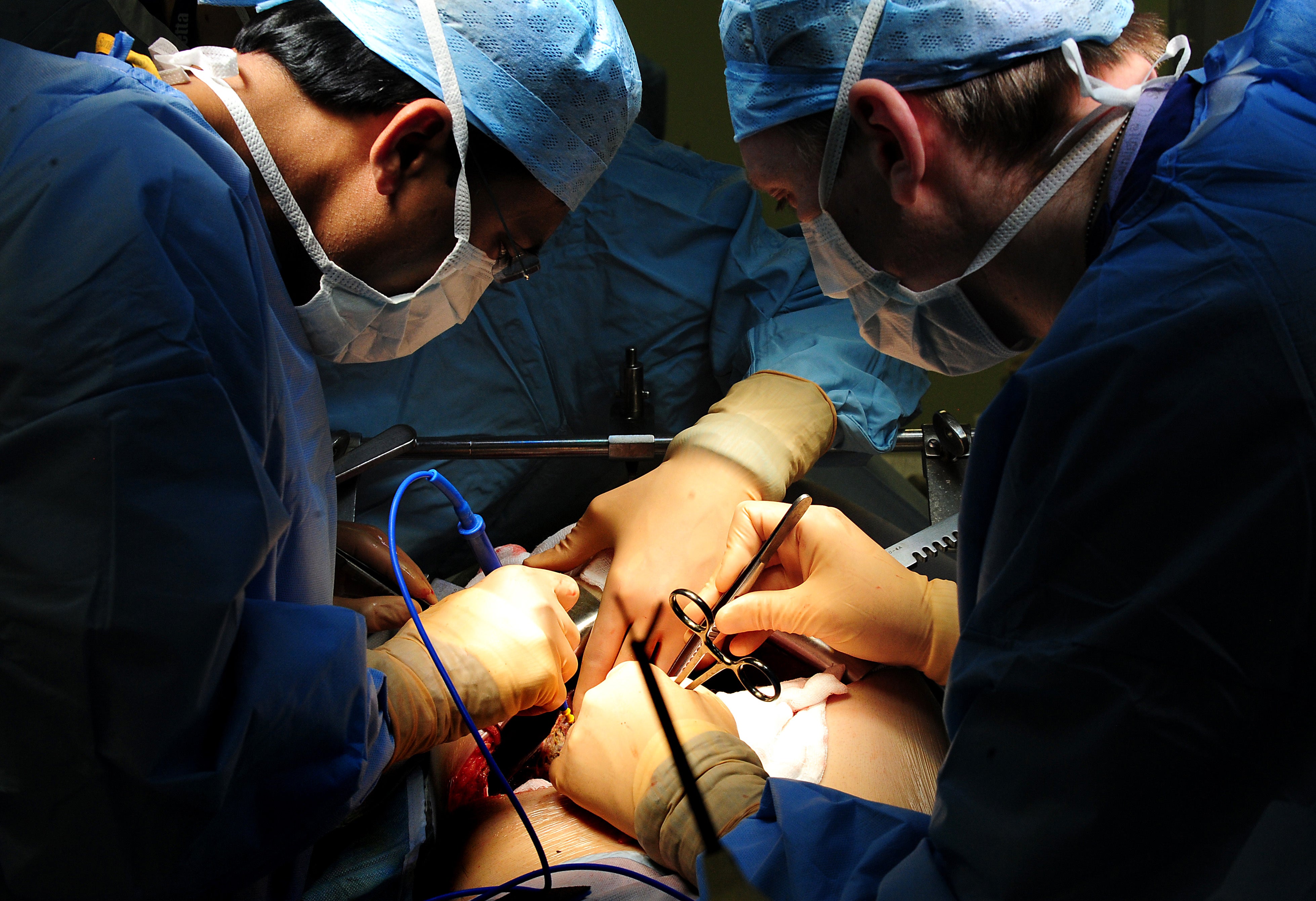NHS faces ticking ‘time bomb’ of 8m cancelled or delayed operations due to anaesthetist shortage
‘The NHS is facing an anaesthetic workforce time bomb’, senior doctor warns

The NHS is facing a “time bomb” and will be forced to cancel or delay around 8 million operations each year by 2040, due to a lack of consultant anaesthetists across the services.
The Royal College of Anaesthetists (RCOA) said the current shortage of at least 1,400 staff across the UK means millions operations will not be able to take place.
The college has warned its speciality is facing a “perfect storm” of limited training places, poor retention and an ageing workforce with 39 per cent nearing retirement age.
The analysis found as demand for surgeries continue the need for anaesthetists is due to increase by 3.85 per year, meaning the NHS will need around 25,000 doctors in these posts by 2040.
It added: “Demand for healthcare services, in particular surgery, is set to increase due to factors such as the growing and ageing UK population. At the current insufficient growth rate, the NHS will have a shortfall of 11,000 anaesthetic staff by 2040 to meet this additional demand.”
If this is not addressed around 8.25 million operations will be prevented from taking place, the report warned.
The warning comes as the NHS faces a growing backlog in operations which could increase to more than 13 million this year.
Earlier this month the government published its recovery plan to address this backlog, warning waiting lists would continue to rise until at least 2024.
The plan however did not set out future investment for the NHS workforce and both healthcare and think tank leaders warned the recovery plan would “remain aspirational” until this is done.
According to estimates from a group of experts at the University of Birmingham, as of 22 February 2022 there were 26 per cent less operations compared to the year prior.
Since December the researchers have estimated around 226,904 fewer operations have taken place.
On 17 February Shrewsbury and Telford Hospital Trust declared a critical incident due to pressures and said it had been forced to suspend some planned care.
Despite numbers of anaesthetists growing in 2020 from 9,486 in 2015 to 10,057, the college said this is “nowhere near enough” to meet the current demand on the NHS.
The RCOA is urging government to accelerate addressing this gap in the workforce, starting with funding 100 anaesthetic training posts.
Dr Fiona Donald, president of the RCOA said: “The NHS is facing an anaesthetic workforce time bomb. We already have profound workforce shortages that are preventing huge numbers of operations from taking place – and unless urgent action is taken, the problem is going to worsen.
“We would welcome government funding for additional anaesthetic training posts. One hundred additional posts per year would start to plug the gap and help get the UK back on a sound footing to be able to address the waiting list backlog. Without this investment, we foresee impacts to patient care and a further impact on the mental health of our current workforce – they need to be able to prioritise their own health and that of their families alongside the focus they already place on the health of patients and the public.”
Subscribe to Independent Premium to bookmark this article
Want to bookmark your favourite articles and stories to read or reference later? Start your Independent Premium subscription today.

Join our commenting forum
Join thought-provoking conversations, follow other Independent readers and see their replies